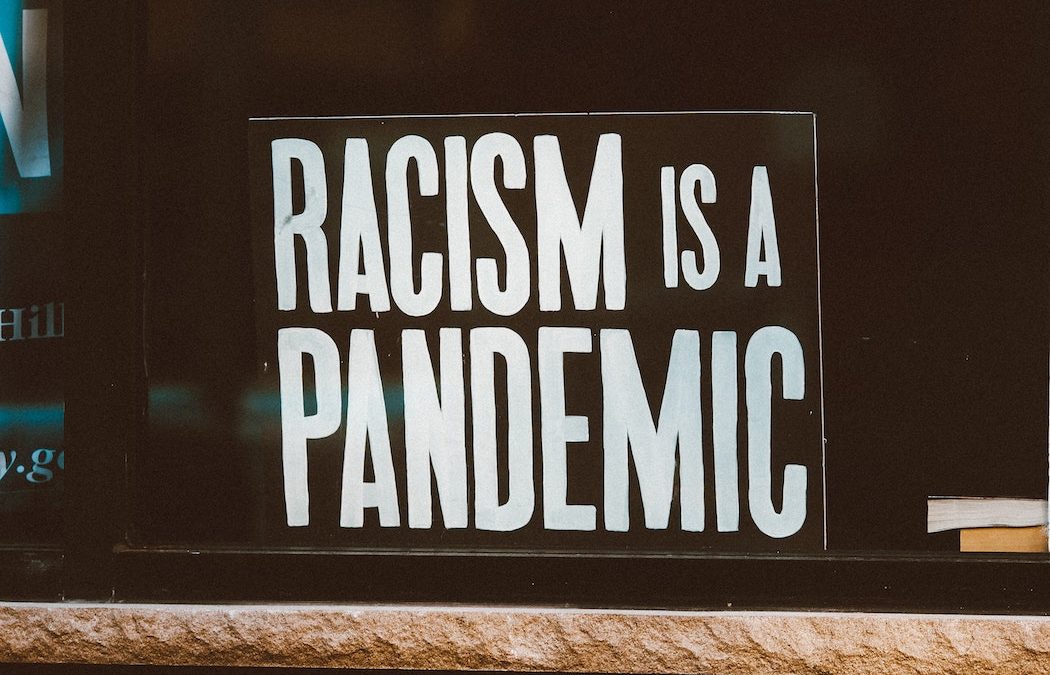The rise of videos showing police brutality and racial injustices over the years has led people across the country to confront the issue of systemic racism. Not only does racism affect those born within the United States, but it also has large effects on the lives of immigrants. The higher level of attention to these injustices has inspired many individuals to work toward dismantling white supremacy.
According to new activists, being a bystander to racial injustices is an act of racism itself. It allows people to continue to benefit from the unequal systems of power that enable violence against people of color. People who are new to the cause must learn how to become better allies to people who are different from them. This can be done through the use of social justice frameworks, which are designed to address the multiple problems that society faces.
What Is Anti-Racism?
Anti-racism is the practice of dismantling and opposing instances of racism. Being anti-racist involves identifying how racism affects people in various cultural and social norms. It also involves addressing the structural and individual levels of racism. The work of addressing racism is an ongoing occurrence in our nation.
Confronting Racism Effectively
Being aware of the current events in the country is very important to prevent racial discrimination and racial oppression from happening in our society. People must practice anti-racism every day in order to create a better environment for people of color.
People can identify the various activities and behaviors that can be used to transform society’s racial attitudes. This can be done through the establishment of policies and systems that are designed to prevent racial discrimination.
Being aware of the various activities and behaviors that can be used to transform society’s racial attitudes is very important to prevent racial discrimination and racial oppression from happening in our society. Some of the most effective ways to do this include talking about racism, learning about microaggressions, and training on unconscious bias.
To effectively promote racial equity and social justice, one must first commit to addressing the issues of racial equality and racism. This can be done through the establishment of a safe environment and dialogue that is inclusive of all people. In addition to being aware of the various activities and behaviors that can be used to transform society’s racial attitudes, one can also make a commitment to becoming a part of a group that is dedicated to fighting against racial discrimination.
Instead of worrying about how to get it right every time, people should take a step back and consider how they can work together to address the various challenges and complexities of racial equality and racism. Overall, people want authenticity, transparency, and sincerity.

